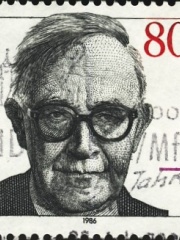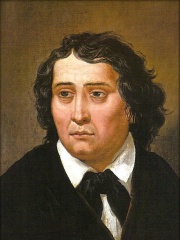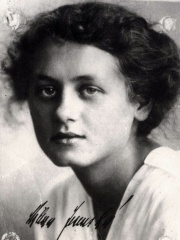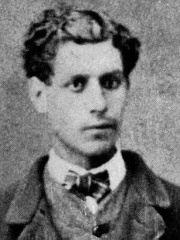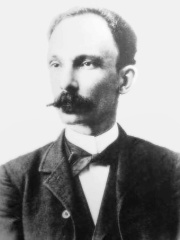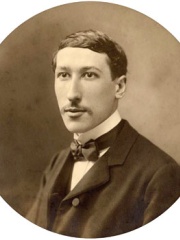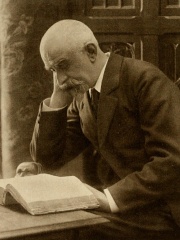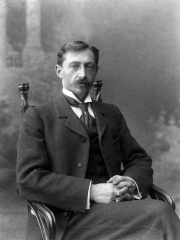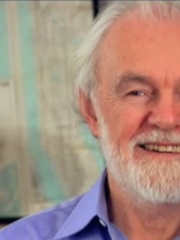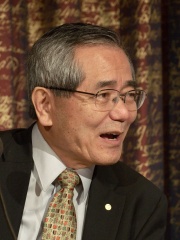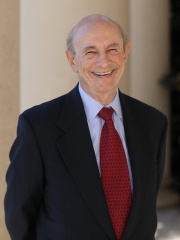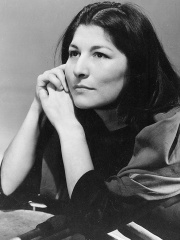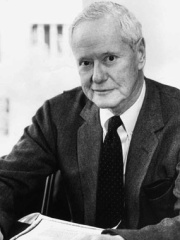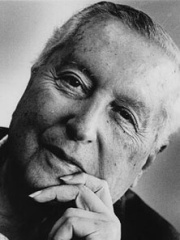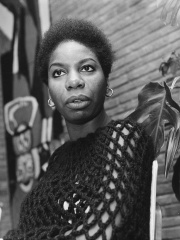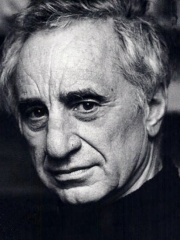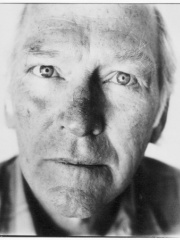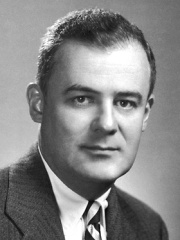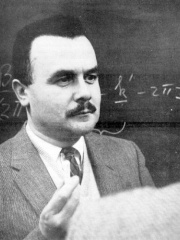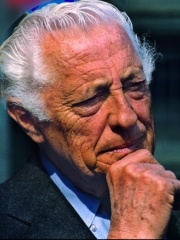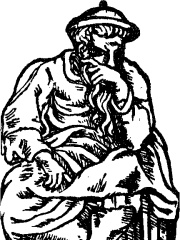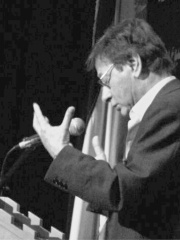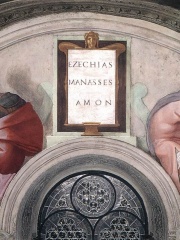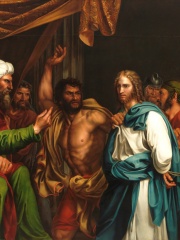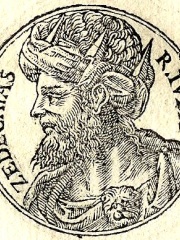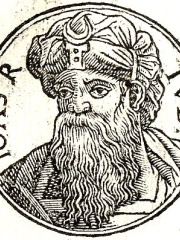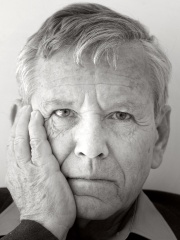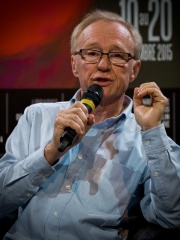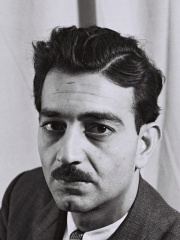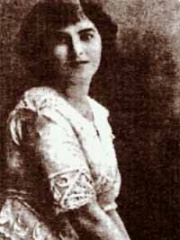Schriftsteller
Edward Said
1935 - 2003
DE.WIKIPEDIA PAGE VIEWS (PV)
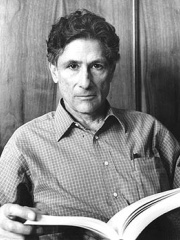
 Edward Said
Edward Said
Seine Biografie ist in 72 verschiedenen Sprachen auf Wikipedia verfügbar (gestiegen von 67 im Jahr 2024). Edward Said ist der 481st beliebteste Schriftsteller (gestiegen vom 485th im Jahr 2024), die 69th beliebteste Biografie aus Israel (gestiegen vom 75th im Jahr 2019) und der 4th beliebteste aus Israel Schriftsteller.
Memorability Metrics
Page views of Edward Said by language
Among Schriftstellers
Among schriftstellers, Edward Said ranks 481 out of 7,302. Before him are Karl Barth, Ken Follett, Savitribai Phule, France Prešeren, Milena Jesenská, and Vladimir Vysotsky. After him are Comte de Lautréamont, José Martí, René Guénon, Romain Gary, Joris-Karl Huysmans, and Ivan Bunin.
Most Popular Schriftstellers in Wikipedia
Go to all RankingsKarl Barth
1886 - 1968
HPI: 73.13
Rank: 475
Ken Follett
1949 - Present
HPI: 73.12
Rank: 476
Savitribai Phule
1831 - 1897
HPI: 73.12
Rank: 477
France Prešeren
1800 - 1849
HPI: 73.10
Rank: 478
Milena Jesenská
1896 - 1944
HPI: 73.08
Rank: 479
Vladimir Vysotsky
1938 - 1980
HPI: 73.06
Rank: 480
Edward Said
1935 - 2003
HPI: 73.06
Rank: 481
Comte de Lautréamont
1846 - 1870
HPI: 73.06
Rank: 482
José Martí
1853 - 1895
HPI: 73.05
Rank: 483
René Guénon
1886 - 1951
HPI: 73.00
Rank: 484
Romain Gary
1914 - 1980
HPI: 72.97
Rank: 485
Joris-Karl Huysmans
1848 - 1907
HPI: 72.96
Rank: 486
Ivan Bunin
1870 - 1953
HPI: 72.96
Rank: 487
Contemporaries
Among people born in 1935, Edward Said ranks 28. Before him are John Saxon, Ágota Kristóf, Erich von Däniken, David Harvey, Françoise Sagan, and Omar Sívori. After him are Fairuz, John Cazale, Mohamed Hussein Tantawi, Ei-ichi Negishi, Harvey J. Alter, and Mercedes Sosa. Among people deceased in 2003, Edward Said ranks 17. Before him are Robert K. Merton, Maurice Gibb, Ilya Prigogine, Nina Simone, Nǃxau ǂToma, and Zoran Đinđić. After him are Elia Kazan, Donald Davidson, Frederick Chapman Robbins, Bertram Brockhouse, Leopoldo Galtieri, and Gianni Agnelli.
Others Born in 1935
Go to all RankingsJohn Saxon
ACTOR
1935 - 2020
HPI: 73.93
Rank: 22
Ágota Kristóf
WRITER
1935 - 2011
HPI: 73.56
Rank: 23
Erich von Däniken
WRITER
1935 - 2026
HPI: 73.20
Rank: 24
David Harvey
GEOGRAPHER
1935 - Present
HPI: 73.17
Rank: 25
Françoise Sagan
WRITER
1935 - 2004
HPI: 73.15
Rank: 26
Omar Sívori
SOCCER PLAYER
1935 - 2005
HPI: 73.09
Rank: 27
Edward Said
WRITER
1935 - 2003
HPI: 73.06
Rank: 28
Fairuz
SINGER
1935 - Present
HPI: 72.84
Rank: 29
John Cazale
ACTOR
1935 - 1978
HPI: 71.73
Rank: 30
Mohamed Hussein Tantawi
POLITICIAN
1935 - 2021
HPI: 71.62
Rank: 31
Ei-ichi Negishi
CHEMIST
1935 - 2021
HPI: 71.28
Rank: 32
Harvey J. Alter
PHYSICIAN
1935 - Present
HPI: 71.09
Rank: 33
Mercedes Sosa
SINGER
1935 - 2009
HPI: 70.68
Rank: 34
Others Deceased in 2003
Go to all RankingsRobert K. Merton
SOCIOLOGIST
1910 - 2003
HPI: 76.49
Rank: 11
Maurice Gibb
MUSICIAN
1949 - 2003
HPI: 76.11
Rank: 12
Ilya Prigogine
CHEMIST
1917 - 2003
HPI: 75.46
Rank: 13
Nina Simone
SINGER
1933 - 2003
HPI: 74.43
Rank: 14
Nǃxau ǂToma
ACTOR
1944 - 2003
HPI: 73.17
Rank: 15
Zoran Đinđić
POLITICIAN
1952 - 2003
HPI: 73.16
Rank: 16
Edward Said
WRITER
1935 - 2003
HPI: 73.06
Rank: 17
Elia Kazan
FILM DIRECTOR
1909 - 2003
HPI: 72.33
Rank: 18
Donald Davidson
PHILOSOPHER
1917 - 2003
HPI: 72.02
Rank: 19
Frederick Chapman Robbins
PHYSICIAN
1916 - 2003
HPI: 71.92
Rank: 20
Bertram Brockhouse
PHYSICIST
1918 - 2003
HPI: 71.82
Rank: 21
Leopoldo Galtieri
POLITICIAN
1926 - 2003
HPI: 71.70
Rank: 22
Gianni Agnelli
POLITICIAN
1921 - 2003
HPI: 71.64
Rank: 23
In Israel
Among people born in Israel, Edward Said ranks 69 out of NaN. Before him are Rabbi Akiva (50), Berenice (28), Reuven Rivlin (1939), Mahmoud Darwish (1941), Manasseh of Judah (-800), and Josiah (-648). After him are Annas (-22), Nicodemus (-50), Zedekiah (-617), Jehoash of Judah (-843), Baldwin III of Jerusalem (1130), and Cyril of Jerusalem (313).
Others born in Israel
Go to all RankingsRabbi Akiva
RELIGIOUS FIGURE
50 - 136
HPI: 73.50
Rank: 63
Berenice
POLITICIAN
28 - 80
HPI: 73.48
Rank: 64
Reuven Rivlin
POLITICIAN
1939 - Present
HPI: 73.43
Rank: 65
Mahmoud Darwish
WRITER
1941 - 2008
HPI: 73.27
Rank: 66
Manasseh of Judah
POLITICIAN
800 BC - 642 BC
HPI: 73.22
Rank: 67
Josiah
POLITICIAN
648 BC - 609 BC
HPI: 73.17
Rank: 68
Edward Said
WRITER
1935 - 2003
HPI: 73.06
Rank: 69
Annas
RELIGIOUS FIGURE
22 BC - 66
HPI: 72.86
Rank: 70
Nicodemus
RELIGIOUS FIGURE
50 BC - 100
HPI: 72.75
Rank: 71
Zedekiah
POLITICIAN
617 BC - 550 BC
HPI: 72.66
Rank: 72
Jehoash of Judah
POLITICIAN
843 BC - 797 BC
HPI: 72.66
Rank: 73
Baldwin III of Jerusalem
POLITICIAN
1130 - 1163
HPI: 72.52
Rank: 74
Cyril of Jerusalem
PHYSICIAN
313 - 386
HPI: 72.45
Rank: 75
Among Schriftstellers In Israel
Among schriftstellers born in Israel, Edward Said ranks 4. Before him are John the Evangelist (10), Amos Oz (1939), and Mahmoud Darwish (1941). After him are Ghassan Kanafani (1936), David Grossman (1954), A. B. Yehoshua (1936), Emile Habibi (1922), Justus of Tiberias (35), Ahron Daum (1951), May Ziade (1886), and Etgar Keret (1967).
John the Evangelist
10 - 100
HPI: 77.45
Rank: 1
Amos Oz
1939 - 2018
HPI: 74.93
Rank: 2
Mahmoud Darwish
1941 - 2008
HPI: 73.27
Rank: 3
Edward Said
1935 - 2003
HPI: 73.06
Rank: 4
Ghassan Kanafani
1936 - 1972
HPI: 68.23
Rank: 5
David Grossman
1954 - Present
HPI: 67.54
Rank: 6
A. B. Yehoshua
1936 - 2022
HPI: 64.76
Rank: 7
Emile Habibi
1922 - 1996
HPI: 62.58
Rank: 8
Justus of Tiberias
35 - 100
HPI: 60.79
Rank: 9
Ahron Daum
1951 - 2018
HPI: 60.63
Rank: 10
May Ziade
1886 - 1941
HPI: 60.62
Rank: 11
Etgar Keret
1967 - Present
HPI: 58.82
Rank: 12
